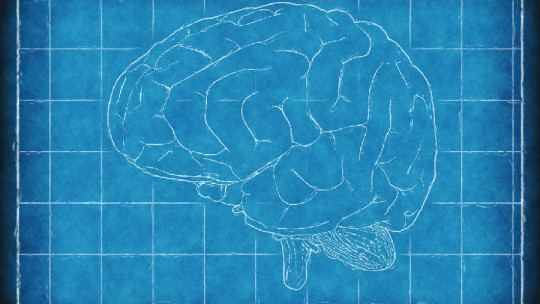Early detection of mild cognitive impairment (MCI) and Alzheimer’s Disease (AD) is essential to allow timely interventions and improve disease management. Find out why.

Recently, it has been identified accelerated long-term forgetting (ALF) as a promising cognitive marker to identify these conditions in their initial stages.
Understanding Accelerated Long-Term Forgetting (ALF)
He accelerated long-term forgetting (ALF) is a phenomenon that describes difficulty retaining information for prolonged periods, specifically beyond the spans typically assessed by short- and long-term memory tests. This concept has gained attention as a potentially valuable tool for detecting subtle cognitive changes that occur in the early phases of AD and MCI.
He long-term accelerated forgetting phenomenon It occurs when a person appears to remember information adequately shortly after learning it, but forgets that information at an abnormally rapid rate in the following days. For example, an individual with ALF may remember a list of words or a story shortly after hearing it, but will have significant difficulty remembering it a week later. This pattern of forgetting contrasts with normal cognitive aging, where forgetting occurs more gradually.
Mechanisms Behind the ALF
Several mechanisms may contribute to ALF:
- Deficits in Memory Consolidation: Memory consolidation is the process by which short-term memories are transformed into long-term memories. In people with ALF, this process may be compromised, resulting in the inability to retain information long-term.
- Difficulties in Information Recovery: Even when information consolidation is present, people with ALF may have difficulty retrieving stored information. This may be due to problems in memory access routes or in the organization of information within the brain.
- Hippocampal Dysfunction: The hippocampus is a crucial brain region for forming new memories. Dysfunction or damage in this area, common in the early stages of AD, can lead to ALF.
- Alterations in Neural Networks: AD and MCI can cause alterations in neural networks that are essential for memory and learning. These changes can interfere with the brain’s ability to store and retrieve information efficiently.
ALF Differentiation from Normal Forgetting
Is important to distinguish the ALF of normal age-related forgetfulness. In normal aging, people may forget details but can usually remember with prompts or clues. In contrast, those with ALF have persistent difficulty remembering even with aids, and the rate of forgetting is much faster.
Importance of ALF in Clinical Evaluation
The ALF evaluation involves tests designed to measure retention of information over long periods of time. These tests may include:
- Remember Word Lists or Story Details: After one week, patients are asked to recall previously presented information. Significantly poor performance may indicate ALF.
- Event Memory Evaluations: Patients are presented with specific events or information and are evaluated after several days to check their retention ability.

Clinical Importance of ALF
- Early Diagnosis: Assessment of ALF can help identify MCI in its early stages, allowing for early interventions that could slow disease progression.
- Functional Relevance: Memory deficits identified through prolonged retention testing better reflect the practical problems that patients experience in their daily lives, such as remembering appointments, making purchases, or managing household tasks.
- Personalized Interventions: Understanding ALF patterns allows for the design of specific interventions, such as compensatory memory strategies and the use of supportive tools, such as electronic reminders and notes.
Research and Future Development
Although progress has been made in understanding of ALF more research is still required to:
- Define the concept of ALF more precisely.
- Identify the neuronal structures and mechanisms involved.
- Determine specific forgetting patterns according to etiology.
- Establish more reliable and standardized methods to detect ALF.
He accelerated long-term forgetting It is presented as a crucial marker for the early detection of MCI and AD. Prolonged retention tests offer an effective way to identify memory deficits that may go undetected in traditional assessments. This approach not only improves early diagnosis, but also facilitates the design of more precise and personalized interventions, thus improving the quality of life of patients and their families.








